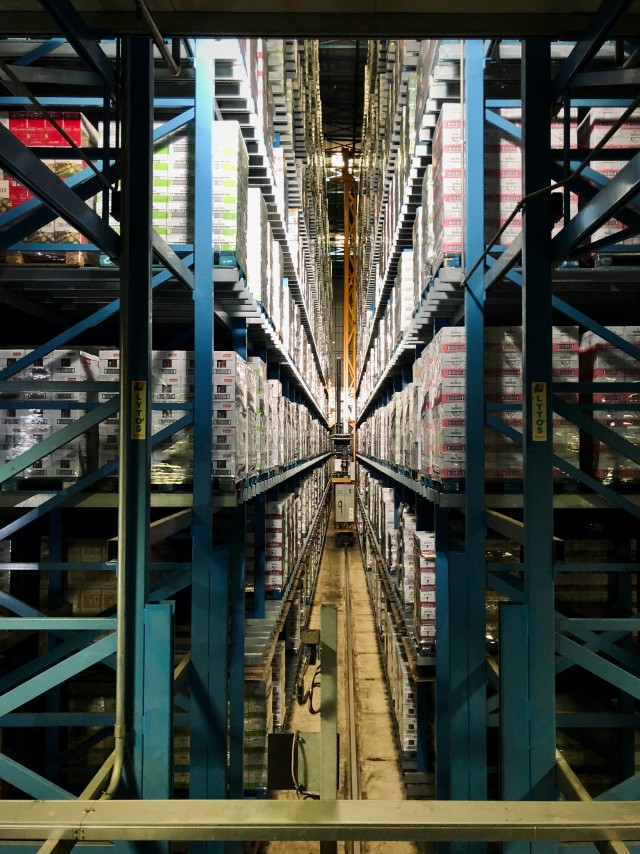Veteran Logistics Executive Urges Individuals and Businesses to Take Responsibility for Smarter, Ethical Global Trade
(Isstories Editorial):- Miami, Florida Jun 17, 2025 (Issuewire.com) – As global supply chains continue to face pressure from climate change, conflict, and economic instability, logistics executive Sheldon Burnett is calling on industry leaders and everyday consumers alike to do their part in building a smarter, more transparent system.
More on Isstories:
- CLATapult’s Individual Mentorship Program Becomes a Massive Success, Driving 25% Growth in Two Years
- What Is a Math-Based Puzzle Game Worth Playing? — Sudoku – Classic Sudoku Puzzle
- India’s 1st Rosewater Raindance Setup in Wavefire HolyWaves 2026 In Surat Gujarat
- Democrat Jamin Harkness Launches Campaign for Georgia State Senate District 7
- JGGL Introduces a Social Network Where Music Comes First
Burnett, a longtime figure in international trade and logistics based in Miami, says the time to shift from reactive to proactive systems is now.
“Supply chains are more vulnerable than most people realize,” Burnett says. “One delay, one disruption, one oversight–it all adds up. And it doesn’t just affect companies. It affects entire communities, food systems, and economies.”
According to the World Economic Forum, global supply chain disruptions have cost the world economy nearly $1.9 trillion since 2020. Meanwhile, 71% of companies say they still lack full visibility beyond their first-tier suppliers, based on a 2022 report by McKinsey.
“Logistics used to be about efficiency and price,” Burnett explains. “Now it’s about resilience, accountability, and ethical sourcing.”
Burnett believes in the power of technology–like artificial intelligence and blockchain–to transform global trade. But he warns that technology without intention and responsibility can lead to more problems than it solves.
“Technology doesn’t replace people–it supports them,” he says. “We still need leadership that prioritizes integrity and long-term thinking.”
Drawing from decades of experience in commodities and logistics, Burnett emphasizes the human side of business: the importance of trust, communication, and doing things right–even when it’s harder.
“Trust is everything,” he says. “No amount of software can replace a reputation for reliability.”
Burnett has also put these values into action. After Hurricane Matthew hit the Bahamas, he supported local recovery efforts and was honored with the Humanity Award for his contributions. He views social responsibility not as an option, but as a duty.
“When you’ve had some success, it’s your job to give back,” he says. “That’s not charity–it’s responsibility.”
A Call to Action for Everyone
Burnett encourages individuals, business leaders, and policymakers to start with small, meaningful steps:
- Ask where your products come from–and how they get to you
- Support companies that invest in ethical sourcing and transparent supply chains
- Advocate for digital tools that increase accountability in trade
- Learn about the human impact of global delays, from medicine shortages to rising food prices
- Prioritize long-term partnerships over short-term gains
“Anyone can contribute to a better system,” Burnett says. “You don’t need to be in logistics to care about where your goods come from. Just be curious. Ask questions. Pay attention.”
In a world where global trade connects everyone, Sheldon Burnett believes the solution starts with individual awareness and collective responsibility.
“Integrity, adaptability, and clear thinking–those aren’t just business principles,” he says. “They’re survival skills for the world we’re living in now.”
About Sheldon Burnett
Sheldon Burnett is a logistics executive based in Miami, Florida, with a background in commodity trading, international law, and supply chain strategy. He is known for his steady leadership and ethical approach to global trade.
To read more or learn how to take action, visit: www.sheldonburnett.com
Contact: [email protected]
This article was originally published by IssueWire. Read the original article here.





















